Your divorce is costly enough without having to worry about being left with debt from your ex. If you're not careful, though, you could end up paying back money you never owed to begin with. Whether it's credit cards, a car loan or student loans, you need to know what to look out for to make sure you don't end up with unfair debt in your name.
When you end a marriage, you don't only divide assets. You also divide debts. Depending on when the debt was created, that could mean you're liable for debts your spouse took out.
In general, you can determine who will be responsible for debt following divorce based on when it was accrued. If you brought the debt into the marriage, you'll likely leave with that debt. After you're married, Texas considers your debts and assets community property. Any debts created during marriage are doled out to both spouses upon divorce.
Fortunately, that doesn't mean you'll automatically end up with your ex-spouse's debts. If you and your ex can agree on how much each of you can pay or on who will pay which debt, then a judge can sign off on that agreement for you. Likewise, if you can't agree, you can take your disagreement to court and allow a judge to decide on who should pay back the debt.
Remember, even if you're not supposed to have to pay anything back, if you have debts in both your spouse's and your name, a settlement agreement won't help you if he or she defaults on the payments. Your attorney can help you find ways to reduce your likelihood of liability to avoid this, like by moving all debts into a single person's name. Our site has more information.

